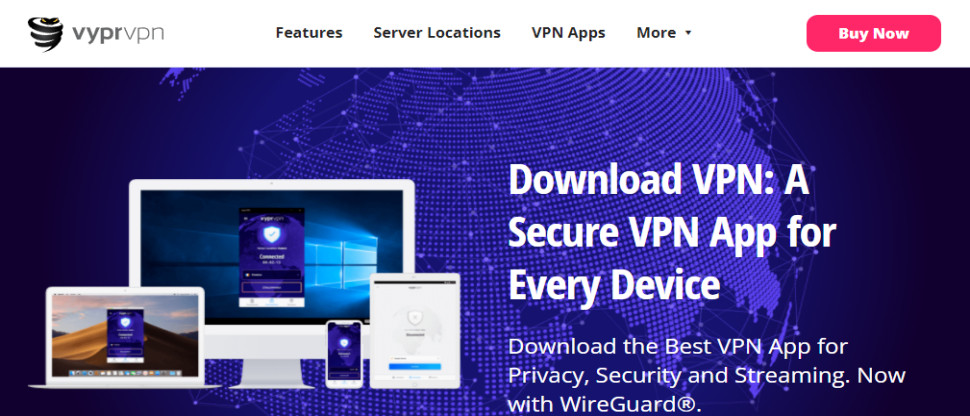TechRadar Verdict
VyprVPN has feature-packed easy-to-use apps and its custom Chameleon protocol can help you get online in China and other VPN unfriendly countries. Unfortunately, poor speeds and a host of app and service issues make it difficult to recommend. Worth a try if you want to use Chameleon but test it carefully. Make sure the rest of the service works for you too.
Pros
- +
Feature-packed apps
- +
Chameleon protocol to bypass VPN blocking
- +
Unblocks US Netflix, BBC iPlayer, Amazon Prime Video, Disney Plus
- +
Up to 10 simultaneous connections
- +
Capable Android app
- +
Speedy and responsive support
Cons
- -
Poor speeds
- -
Lengthy connection times on Windows
- -
Windows kill switch issues
- -
Doesn't unblock Netflix Australia, Canada, Japan, UK
- -
No Bitcoin
- -
Changed ownership and jurisdiction (Switzerland to US) with little explanation
Why you can trust TechRadar
1. Change of ownership
2. VyprVPN pricing
3. Privacy
4. Logging
5. Setup
6. Windows app
7. Mac and mobile apps
8. Performance
9. Virtual locations
10. Netflix and streaming
11. Support
12. VyprVPN review: Final verdict
At first glance, VyprVPN might seem much like any other small provider but look closer and you'll find there's much more here than you might expect.
The network 'only' has 700+ servers, for instance, but they're spread across 70+ locations in 60+ countries. The servers also don't have the same focus on Europe and North America that we often see with other providers. VyprVPN has 14 locations in Asia, 5 in the Middle East, 7 in Central and South America, 2 in Africa, and 5 in Oceania.
Even better, these servers are owned and managed by the company. That means there's no reliance on third-party web hosts, unlike most of the competition.
Welcome features include a zero-knowledge DNS service, a custom Chameleon protocol to help bypass VPN blocking in countries like China, WireGuard support to optimize performance, P2P support across the network, and 24/7/365 customer support to help you whenever you are in need.
- Want to try VyprVPN? Check out the website here
Wide platform support includes apps for Windows, Mac, iOS, Android, Tomato-based routers, QNAP, Anonabox, Smart TVs, and Blackphone.
The website also has 30 tutorials to help you set up the service on Linux, Blackberry, Synology NAS, OpenELEC, Android TV, Apple TV, and via DD-WRT, AsusWRT, OpenWRT, and more.
Whatever hardware you're using, VyprVPN supports connecting up to 10 devices simultaneously. That's more than most, but if you do have a lot of hardware to protect, keep in mind that Atlas VPN, IPVanish, PureVPN, Surfshark, and Windscribe have no fixed connection limits at all.

Change of ownership
VyprVPN was, until recently, run by a company called Golden Frog which was incorporated in Switzerland to take advantage of the favorable privacy laws. Its founders were behind some other big internet names including Usenet provider Giganews,
This all changed during our review, and apparently, VyprVPN is now owned by the US-based Certida. It’s too early to say for sure what this means (apart from exposure to the much less favorable US privacy laws), but we’ve a couple of early thoughts.
The good news is that it might bring new investment. VyprVPN hasn’t had any significant updates for a very long time, and if it had just run out of money, a new owner might help bring it back to life.
The bad news is that VyprVPN hasn’t clearly explained what’s happening to its customers, and some parts of what’s happened raise warning flags with us.
VyprVPN used to have an ‘About Us’ page where it proudly boasted of its Swiss registration, for instance. When Certida took over, we would expect that page to be updated with the new details. Instead, it took the page down and added a much harder-to-find FAQ page with a handful of details on Certida.
Don’t think you can head off to the Certida page to find out more either. It’s basically a single page with links to VyprVPN and Giganews.
This all looks a little amateurish and doesn’t show anything like the transparency we would expect from a VPN provider. Still, it’s also very early days, and if the new ownership brings new ideas and investment, then maybe customers will be better off overall.
VyprVPN pricing
VyprVPN's pricing is surprisingly simple. There are just two plans: you can opt to pay $10 billed monthly or sign up for a year at $60 to reduce the cost to $5 a month.
That really is it. There are no special discounts, no free months, and the price won't double on renewal. What you see, really is what you get.
These aren't unreasonable prices. ExpressVPN, Hotspot Shield, IPVanish, NordVPN, and others ask $7-$8 or more on their annual plans after any starter deals expire. Still, if you want to save more, there are better deals available.
Private Internet Access' three-year deal is $2.03 for its first term, for instance, with three months free. Looking at the totals, handing $60 to VyprVPN gets you one year of protection; giving Private Internet Access $79 covers you for three years and three months.
Payment options include card, PayPal, Amazon Pay, and checking or saving accounts in the US. No Bitcoin, unfortunately.
If you sign up and aren't happy, you're protected by a 30-day money-back guarantee. A few companies give you more – Hotspot Shield and CyberGhost allow 45 days, for example – but 30 days should be long enough to identify any problems.
Private Internet Access' three-year deal is $2.03 for its first term, for instance, with three months free. Looking at the totals, handing $60 to VyprVPN gets you one year of protection; giving Private Internet Access $79 covers you for three years and three months.
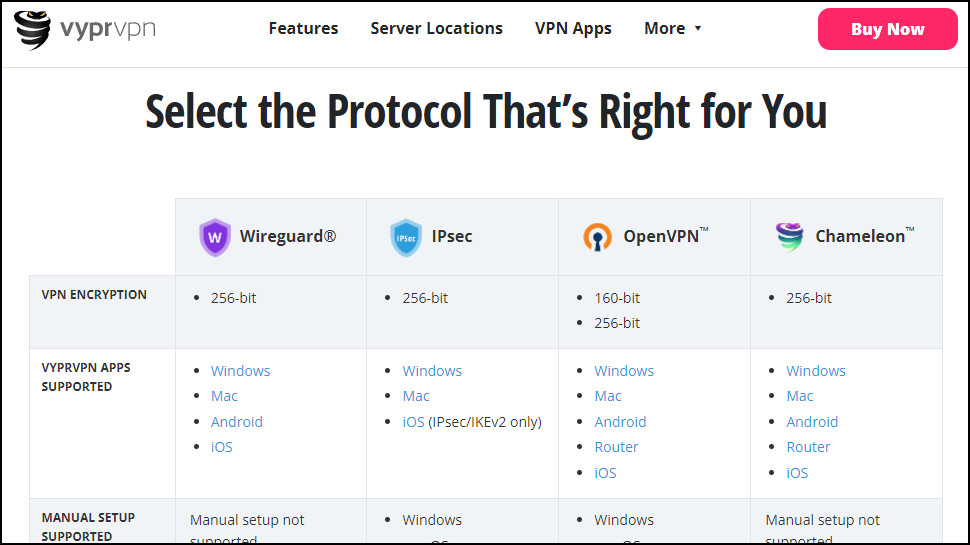
Privacy
VyprVPN protects your privacy with well-chosen protocols and strong encryption capabilities. It supports AES-256-GCM and SHA384 HMAC for OpenVPN, with TLS-ECDHE-RSA-2048 to provide Perfect Forward Secrecy. Perfect Forward Secrecy is a smart technique that ensures that a different key is used for every connection so that even if an attacker obtains a private key somehow, they would only be able to access data in that particular session.
WireGuard, OpenVPN, and IKEv2 are supported across all platforms. VyprVPN's custom Chameleon 2.0 protocol is available on all platforms to help you bypass the most aggressive VPN blocking. Reports suggest this works well in China, although we don't test this so can't confirm it.
VyprVPN provides an encrypted zero-knowledge DNS service, DNS filtering, and other snooping strategies. Works for us, but if you've other needs, it's good to see the apps also allow you to use whatever third-party DNS service you need.
Individual apps have their own privacy-protecting technologies, too, including options to defend against DNS leaks and kill switches to reduce the chance of data leaks if the VPN connection drops. We'll look at these in more detail later.
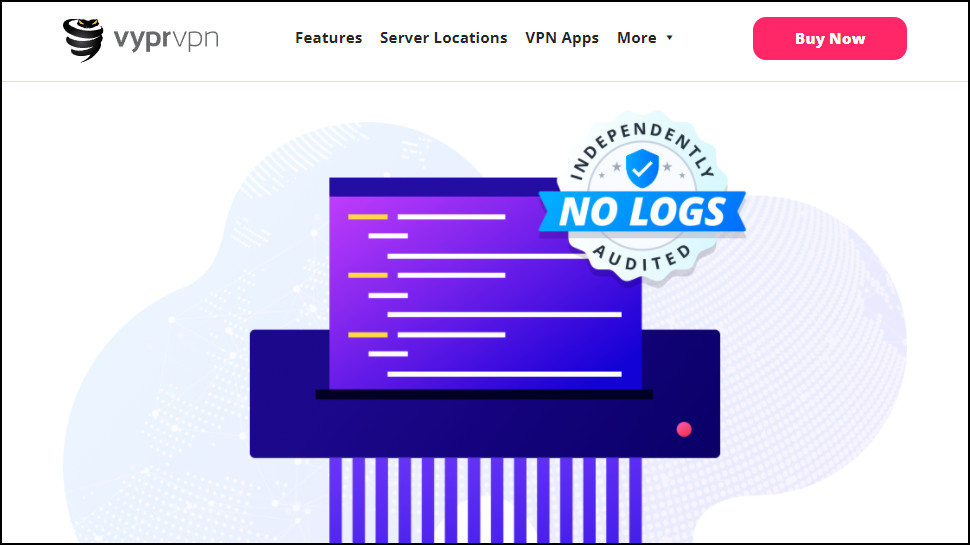
Logging
VyprVPN's privacy policy is clear on its logging policy. There's no recording of source or destination IP addresses, connection start or stop times, user traffic, or DNS requests.
The company verified this with a public audit by Leviathan Security Group. leviathan examined source code, logged into servers, inspected running processes, and more, and although it reported a few configuration mistakes, they confirmed that the company didn't log user activity.
While that's great news (and more than what most VPNs have done), the audit took place in September 2018, and can't tell us anything useful about what's happening now. We don't expect any provider to match ExpressVPN's level of audit enthusiasm (it's gone through 11 in the past year alone), but with more than four years since VyprVPN's last inspection, it's surely time for another.
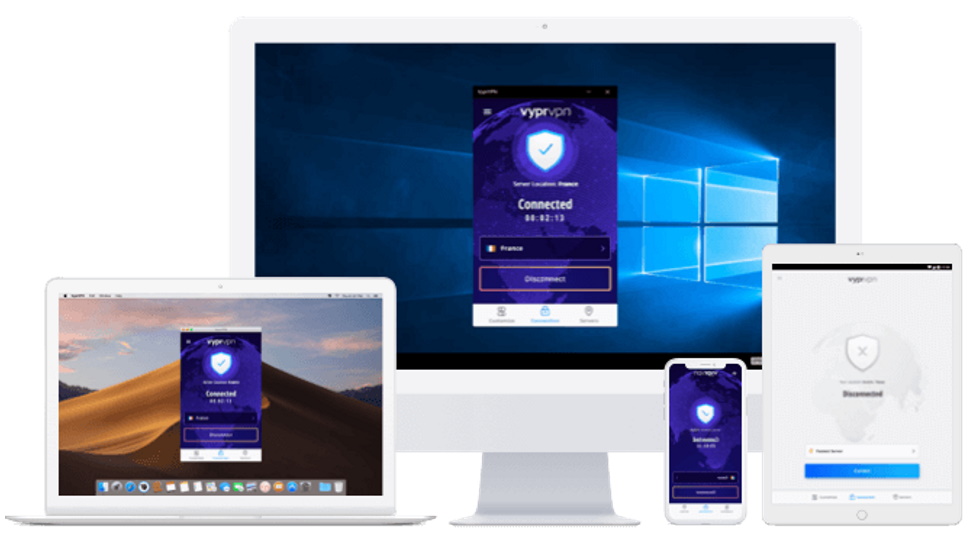
Setup
Signing up to VyprVPN is easy, and once you've handed over your details, the website points you to an Apps page with a host of useful links.
There are downloads for the company's Windows, Mac, Android and iOS apps, the raw Android APK file if you need to install it somewhere manually, and VyprVPN's Chrome browser extension.
Setup is easy, and much the same as every other VPN app you've ever installed. Download and run the app, follow the instructions, enter your username and password when you're prompted, and essentially, you're ready to go.
You're not restricted to the apps either. VyprVPN's website has tutorials to help you manually set up the service on Chromebooks, Linux, Synology NAS, OpenELEC, Android TV, Apple TV, and on routers via DD-WRT, AsusWRT, OpenWRT and more.
These setup guides are, for the most part, relatively basic. Many are short, with only the bare minimum of text, and no screenshots (the Android TV guide says little more than 'you'll need the Android app, get it here or here'). They appear to cover the essentials, though, and should get you connected with minimal hassle.
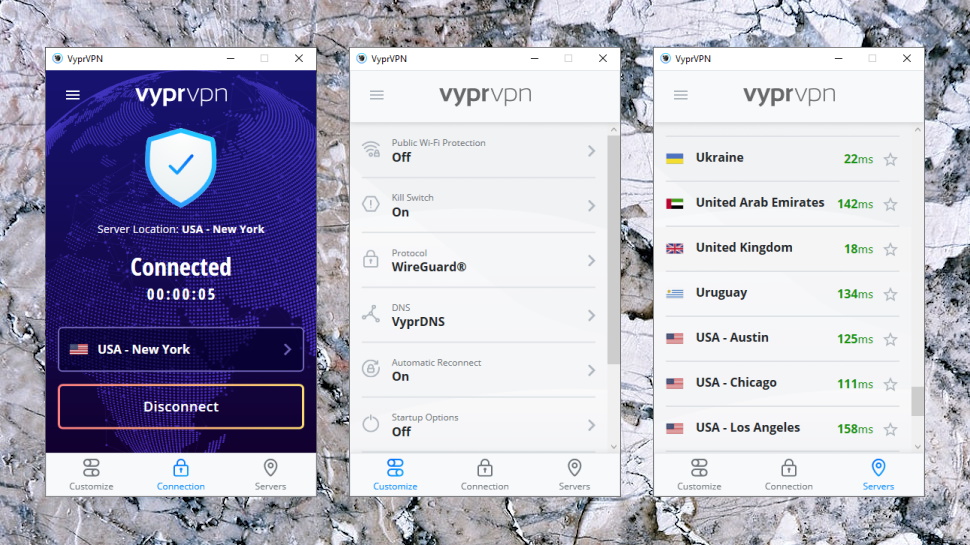
Windows app
VyprVPN's Windows VPN client looks and feels much like a mobile VPN app. It consists of a simple opening window that displays your connection state and preferred location, and a button you can click to connect or disconnect.
A capable location picker lists available locations by country and city, and it includes ping times to give you an idea of distance and provides a simple Favorites system to save your commonly used servers. Locations are sorted by country but you can also organize them by continent or ping time.
Although we're happy with the general design, a graphical glitch immediately spoiled the effect. The app displayed our default location using its long name, 'United Kingdom of Great Britain and Northern Ireland.' While this is correct, the app didn't wrap the location to fit it all on the window, and the beginning and end were cut off. It's a tiny issue, but also seriously unprofessional, and leaves us with other questions. If VyprVPN hasn't noticed or been concerned enough to fix such an obvious problem in more than a year, what else has it missed?
Back to the feature list, there's support for four protocols: WireGuard, OpenVPN, VyprVPN's proprietary Chameleon, and IKEv2. That's more than we usually see, so while this many are not necessary, it's always good to have options if one or two protocols fail.
Connection times are longer than usual, at up to 12 seconds for WireGuard. The best apps manage 1-2 seconds, and when you're used to that level of performance, an extra 5 to10 second delay can become annoying.
A Connection Details panel is just a click away and displays details including your upload and download speeds, the session length, your chosen server, protocol, and more. This isn't the most essential of features, but the stats could be useful occasionally, and we're happy to see them here.
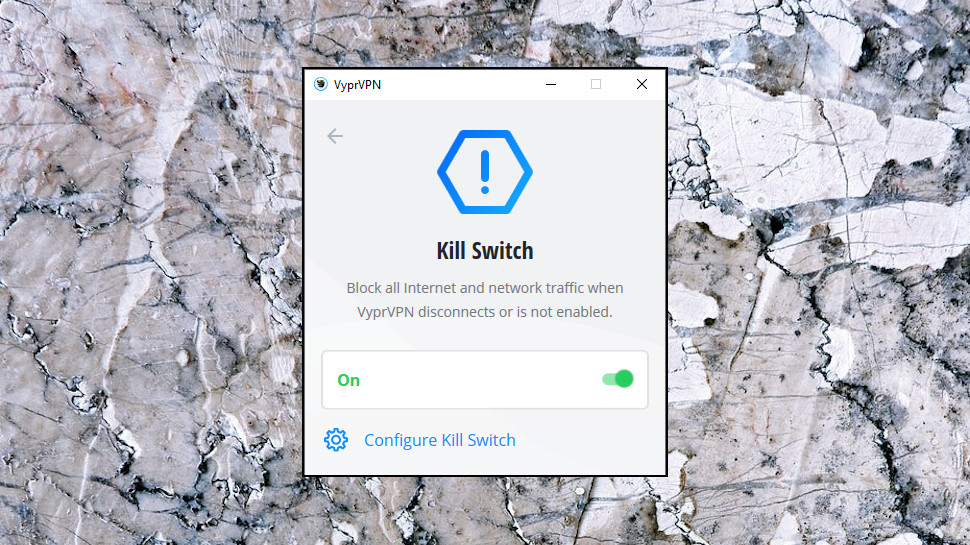
A kill switch aims to protect you if the VPN drops, or that's the idea, but it didn't always work that way.
If we manually closed an OpenVPN connection the kill switch kicked in instantly, blocking internet traffic, displaying a warning, and giving us an option to reconnect.
If we did the same with an IKEv2 connection, though, the kill switch didn't appear to work, and our device used its regular internet connection instead. The app didn't display a 'Disconnected' notification, either, so if it was minimized or obscured by another app window, you wouldn't even realize there was a problem. Fortunately, it did automatically reconnect within a few seconds, limiting our exposure.
We found the kill switch protected us properly on WireGuard connections, which is important as we suspect most people won't use anything else. But again, the app warned us of connection troubles via its own window, rather than using desktop notifications as a more obvious alert.
VyprVPN's kill switch does a reasonable job in some situations but it can't begin to match the reliability of the best of the competition.
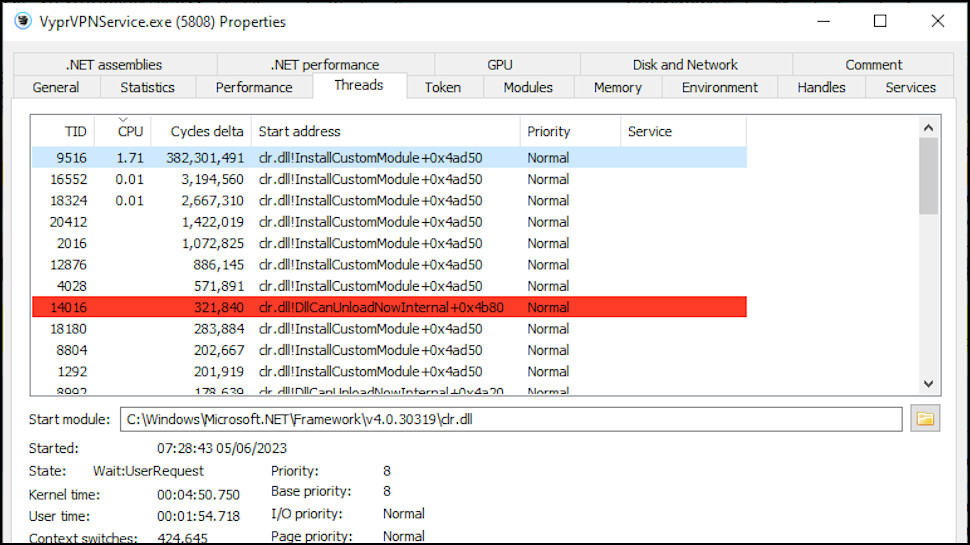
While testing, we noticed an odd technical issue. An app file called VyprVPNService.exe was constantly using 1-2% of CPU time, even when the app wasn't connected or even running. What was going on?
Digging deeper, the service seemed to be constantly running a task called 'NetworkStateMonitor.monitorThroughPut.' The app can display your current upload and download speeds whether you're connected or not, so from the name, it looks like this task is collecting those figures. Fair enough, but we expect the task to stop when you close the app, it's actually running all the time, whether you need it or not.
The Settings dialog includes all the usual options to customize how the app works. You can have it automatically connect when Windows starts or the application launches. DNS leak protection reduces the chance of others snooping on your web traffic, and an auto-reconnect feature automatically re-establishes your connection if the VPN drops.
If VyprVPN's zero-knowledge VyprDNS service doesn't suit your needs, you can switch it to any other DNS provider you like and you can configure the app to automatically connect to VyprVPN whenever you access untrusted Wi-Fi networks. That's not just a convenient time-saver, it’s a safety net too. There's always a chance you'll forget to connect when you’re on a public network and leave yourself inadvertently exposed to danger.
There's the core of a good app here. It’s easy to use, has a strong set of features, and VyprVPN's own Chameleon protocol helps you get online where others can't. It just needs a major update to fix the issues and generally get it running smoothly again. Hopefully, that's coming soon.
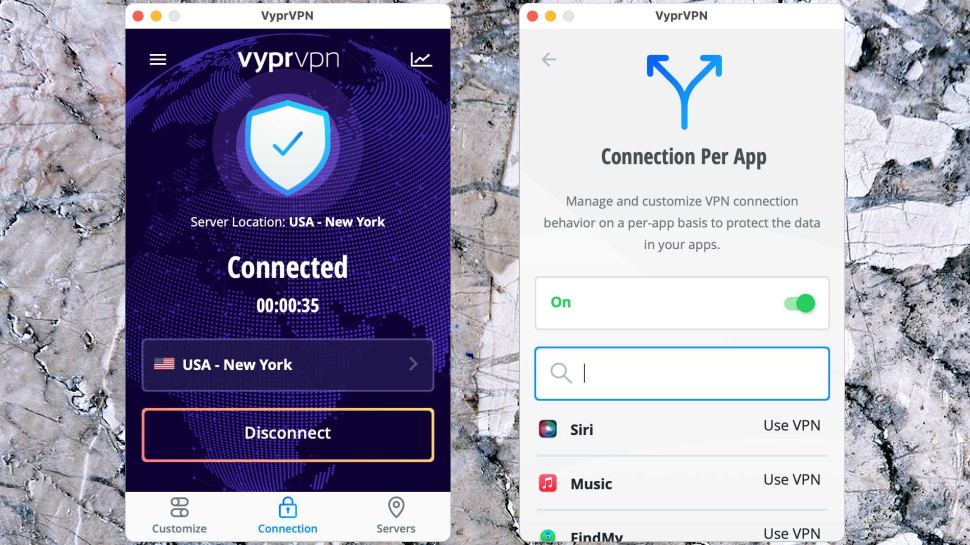
Mac and mobile apps
Some VPN providers spend a huge amount of time polishing their Windows app but make little effort to provide the same level of power on other platforms. But not VyprVPN - it's done a far better job of making key features available everywhere.
The Mac and Android apps look and feel almost identical to the Windows version. Spend a couple of minutes with one, and you'll immediately be ready to use either of the others.
They include almost all the most advanced Windows features, WireGuard, OpenVPN, and Chameleon support, customizable DNS, auto-connect, and a kill switch to block your connection if the VPN drops. Mac and Android users also get the Connection per App feature, VyprVPN's take on split tunneling, which isn't available on Windows.
The Android app also supports URL filtering to protect you from malicious websites. Although we didn't test the effectiveness of the system, we noticed that it gives you more control than most competing services. If you hit a site on the blocklist, for instance, the system doesn't just block it. Instead, it displays a warning, and you can ignore this and proceed to the site if you're sure it's safe.
VyprVPN's iOS offering can't match Mac and Android for power and doesn't include a kill switch, split tunneling, URL filter, or many other settings. That's not really VyprVPN's fault though. Apple's security model means it's just not possible to deliver all the same advanced VPN features on iOS that we see on other platforms.
There's still plenty to like. The iOS interface is clear and simple and most operations work just as they do with the other apps. Furthermore, with support for WireGuard, OpenVPN, IKEv2, and VyprVPN's Chameleon protocol, the iOS app should get you connected just as easily as the rest of the range.
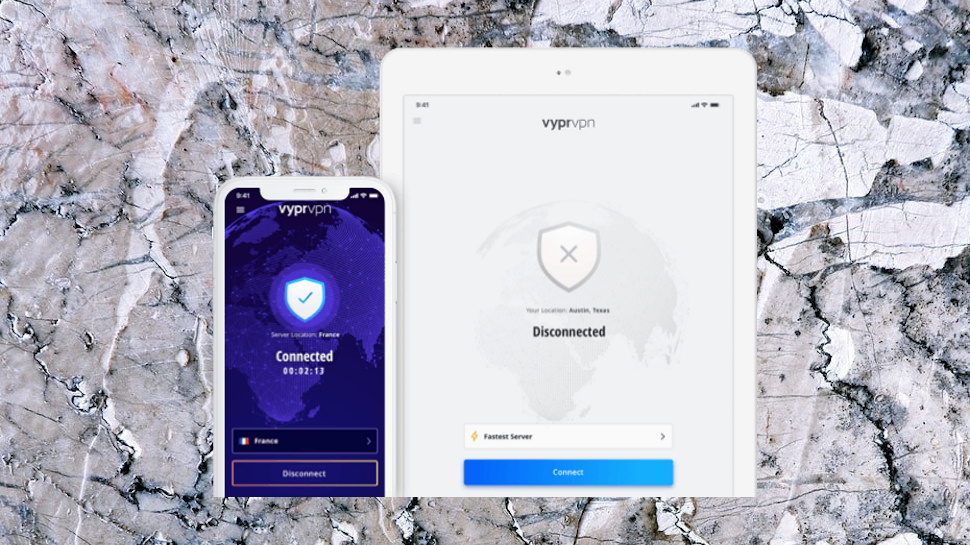
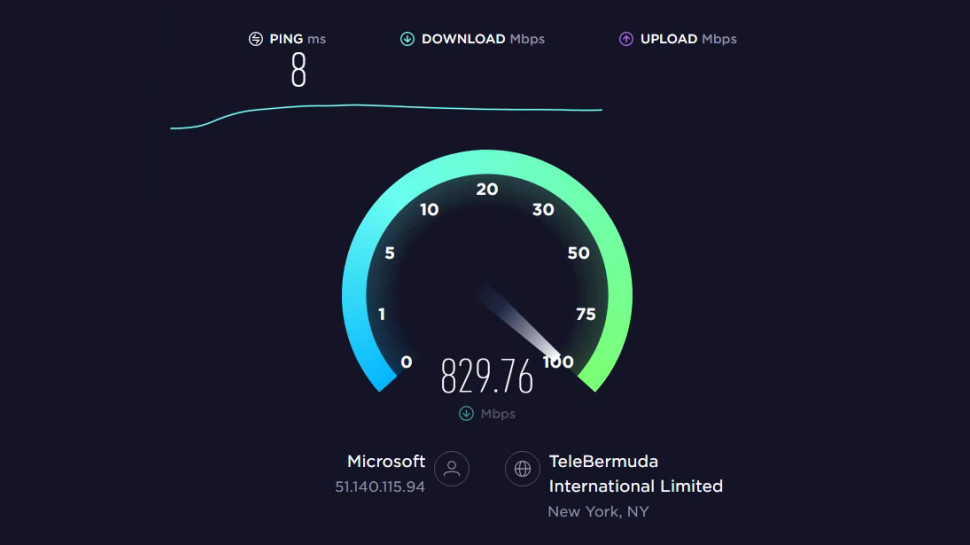
Performance
To understand the real-world performance of a VPN, we measure download speeds multiple times, with multiple speed test sites and apps including SpeedTest, Cloudflare, and Measurement Lab across multiple sessions, in both US and UK locations.
OpenVPN speeds proved epicly bad, with UK speeds averaging 40Mbps. Even poor providers typically reach at least 100Mbps. That's so low we'd normally assume it was a mistake, or a temporary glitch, if not for the almost identical 35-40Mbps we saw in our last review.
Fortunately, VyprVPN doesn't just support the OpenVPN protocol, and switching to WireGuard accelerated our downloads to 300-325Mbps. That's still on the low side – PureVPN reached twice VyprVPN's speed at 650Mbps in its last reviews, and is still only #12 in our last speed charts - but VyprVPN is likely to be enough for many devices, connections, and tasks.
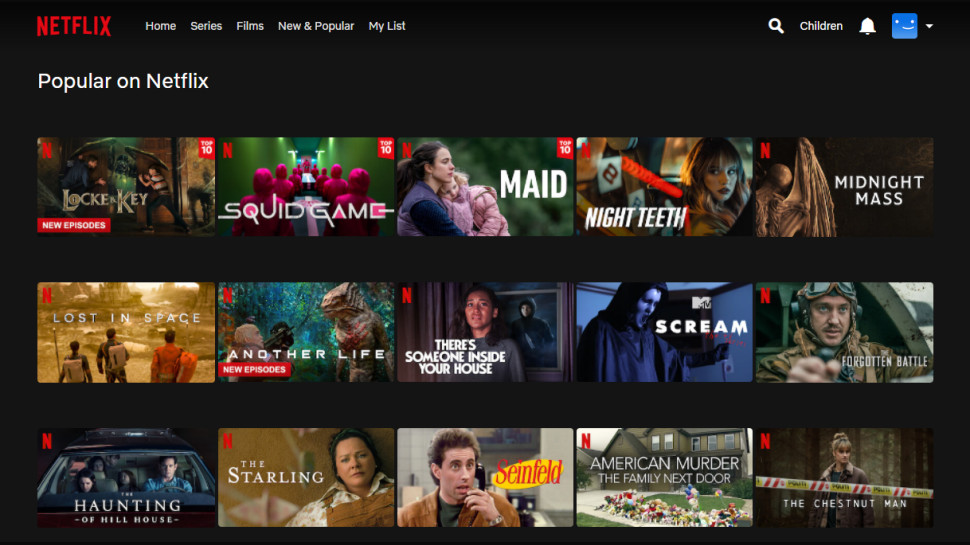
Virtual locations
VPN performance can be affected by a provider's use of virtual locations. A provider might offer a location in Cambodia, for instance, which returns a Cambodian IP address, but uses servers that are physically based somewhere else. The service should work for unblocking, as you're getting the IP address you expect, but if you're in the country and the server is based far away, it'll be slower than you expect.
VyprVPN doesn't say much about virtual locations on its website, but our tests suggested they're used for several countries, and in some cases, the real server locations are some distance away. VyprVPN's Hong Kong and Marshall Islands locations appear to be in Hong Kong, for instance, while the company's Algeria, Bahrain, Egypt, India, and Russia locations all appear to be served from near Amsterdam.
This isn't necessarily a problem. For instance, many providers host their India servers in a different country to avoid the country's upcoming data logging laws. If you happen to be in Amsterdam or Western Europe, having a local server for a distant location could improve speeds. The problem is, VyprVPN's virtual and real locations can be further apart than we see with most providers. ExpressVPN not only says exactly which of its locations are virtual, but also tells you where they're really hosted, and we'd like to see other VPNs be just as open with their customers.
Netflix and streaming
VPNs for Netflix have become particularly popular. So, it’s no surprise VPNs often sell themselves on their ability to access geo-blocked sites, giving you access to content you wouldn't normally be able to view.
VyprVPN had some success in testing, getting us into US Netflix, Disney Plus, BBC iPlayer, the UK's ITV, and Australia's 9Now.
US Amazon Prime Video was a bit hit-and-miss. We could usually stream content but had occasional DNS errors. That might have been some temporary issue during the review and nothing to do with Amazon detecting our VPN, but we can't say for sure.
There were plenty of very clear failures, including Netflix Australia, Canada, Japan, UK, along with Australia's 10 Play and Channel 4 in the UK.
VyprVPN clearly has some unblocking skills, but others go much further. ExpressVPN, NordVPN, Private Internet Access, ProtonVPN, PureVPN, and Surfshark all unblocked every platform we tried in their last tests.
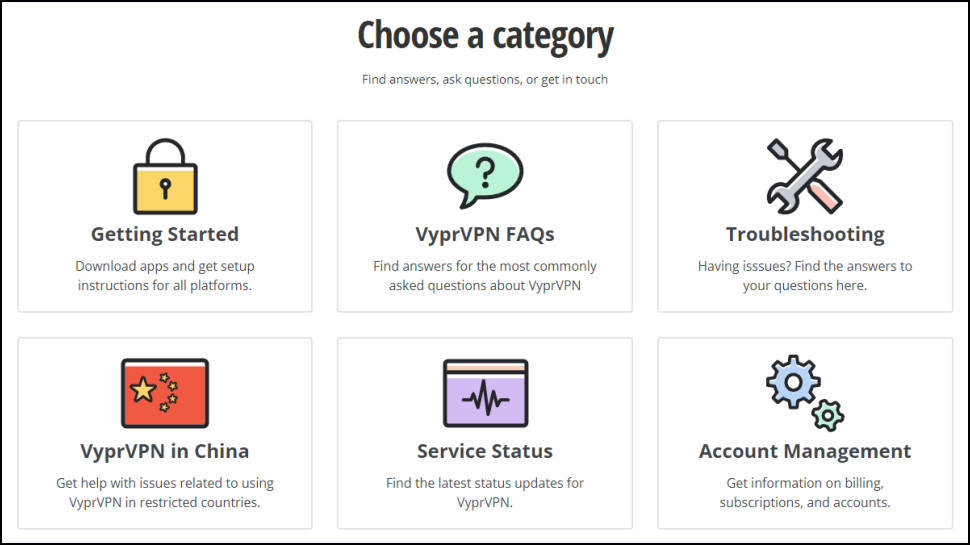
Support
VyprVPN support starts on its website, where a knowledge base provides setup instructions, troubleshooting guidance, and specific advice for various device types.
We noticed a link titled 'VyprVPN forum', clicked it to take a look, but got an 'Error 404: Page Not Found' error message. That looks very unprofessional and reinforces our earlier impression that no one's paying much attention to the details anymore.
There is at least a lot of content here, with plenty of guides covering setting up the service on a wide range of platforms. Regrettably, they're generally short, with few (or no) screenshots to help illustrate the points they're trying to make. FAQs can also be very basic, often no more than 'How do I turn on feature x?', with a few lines of text to point users in the right direction.
Still, there is some decent content here, and an accurate search system did a good job of finding relevant articles for all our test keywords.
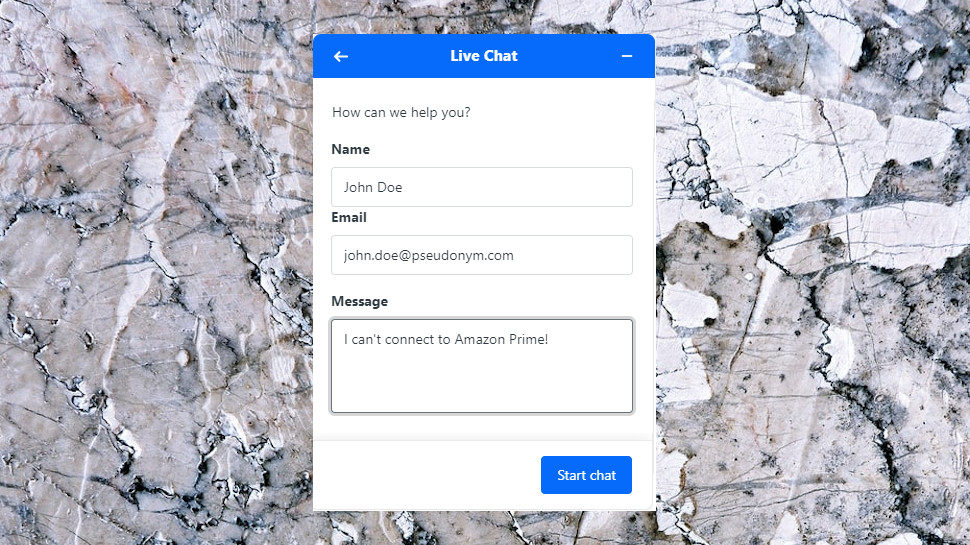
If the website can't help, live chat is available to give you a near-instant response. We raised one test question and the support agent was talking to us within a couple of minutes and gave a helpful and informative response.
The final option is to send an email. We raised a simple product question and had a clear response within 15 minutes.
VyprVPN support has some issues and it's not as thorough or in-depth as top competitors like ExpressVPN. The website does give you basic information on a wide range of topics, though, and with speedy live chat support on hand, it shouldn't take long to get helpful advice on any service problems.
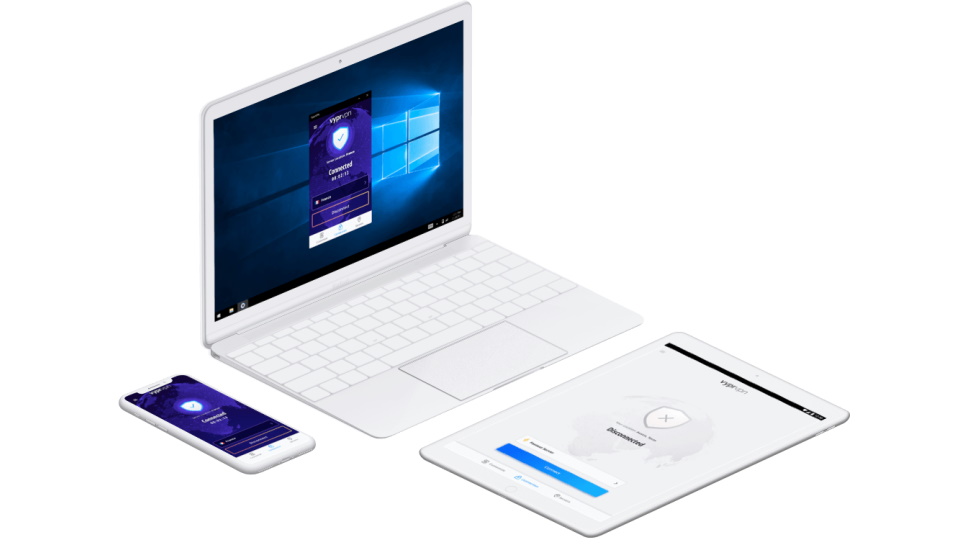
VyprVPN review: Final verdict
VyprVPN isn't the fastest or most powerful VPN, and the various app issues and annoyances make it difficult to recommend. Still, the service is easy to use, with more features than most, and if you could benefit from VyprVPN's firewall-bypassing Chameleon protocol then it may be worth a look.

Mike is a lead security reviewer at Future, where he stress-tests VPNs, antivirus and more to find out which services are sure to keep you safe, and which are best avoided. Mike began his career as a lead software developer in the engineering world, where his creations were used by big-name companies from Rolls Royce to British Nuclear Fuels and British Aerospace. The early PC viruses caught Mike's attention, and he developed an interest in analyzing malware, and learning the low-level technical details of how Windows and network security work under the hood.
